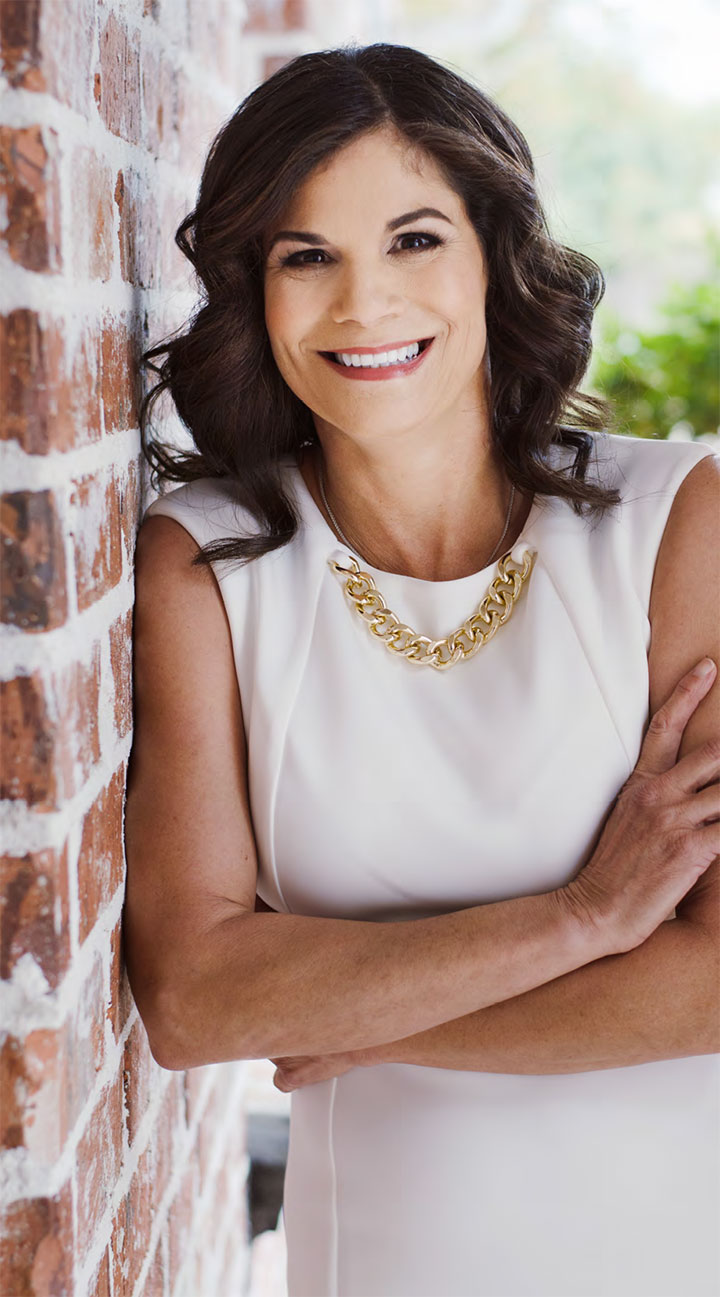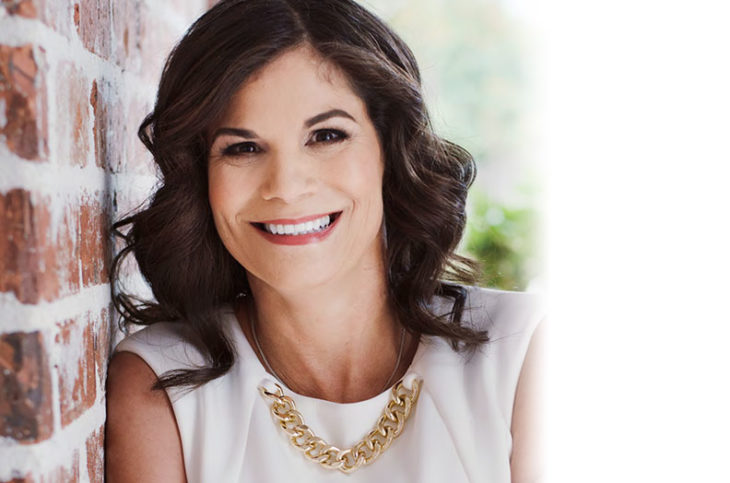Amanda Ealy is a fascinating woman. She adores spending time with her three beautiful nieces, loves a good workout, especially cycling, and really enjoys her job as the operating room material coordinator at Garden Park Medical Center in Gulfport. There’s also something very special about her life — a generational calling, if you will — that has set her on a unique path to preserve her Indian heritage and help guide her tribal community.
Ealy was recently elected to a remarkable position as the first woman to serve as chairperson of the Pascagoula River Indian Tribe. It’s a rather historical position too. When it comes to Indian tribes, a chief is traditionally an inherited position who oversees a tribe. A chairperson is elected and is a more modern title, but operates within the same authoritative function as “chair of the sitting government” to make sure the tribe is successful and that the needs of the Indian community are being met.
After serving as the interim chair of the Tribal Council for a year, Ealy is well prepared for this four-year term and is excited about being the first female to hold this position.
“I think that any tribe that elects a woman for chairperson is a wonderful way of showing that women can be great leaders,” Ealy says. “It shows great progress in tribes as well as other nations who are giving women a chance to become great leaders.”
One of the main inspirations for pursuing this leadership position is to honor the legacy of her late father who played a very important role in the tribe as a council member/elder. After he became ill and was unable to attend regular meetings, he asked his daughter to step in and take his place on the council.
“Out of the tragedies that occurred to our people came perseverance, determination and strength. The Pascagoula River people’s story has been kept alive all these generations and it’s time for them to be honored.” — Amanda Ealy

“After my father passed away without seeing his lifelong dream of our Indian tribe having federal recognition, it was at that moment I knew I couldn’t walk away and that the voice of the people needed to be heard through a democratic process,” Ealy says. “I knew I had to finish this project and unify our people. I’m not really a spotlight person, but I felt like I had to run for chair because of my deep Indian bloodline (Eley, Bang, Phelps, Garlic) to this tribe and the suffering that my people had to endure.”
In 2015, the Tribal Council created a constitution and bylaws that organized the tribe into districts with each district having democratically elected representatives sitting on the council. This expanded the nature of the government to better meet the needs of tribal members, as well be more efficient in its petitioning of the Bureau of Indian Affairs for federal acknowledgment as an Indian tribe.
The election was held on Oct. 21 and it was the first tribal-wide democratic process with ballots submitted from the districts that encompass communities across the Mississippi Gulf Coast, some throughout the state, and an “outside of the state” community to account for tribal members that have moved away.
“This is the first time we have ever done an election,” Ealy says. “Our government is young, but growing stronger and more efficient for the people.”
The seat of government operates primarily in Vancleave, and Ealy, along with other tribal council members also elected in October, understand their positions of leadership reflect a mandate from the people of the Pascagoula River Tribe. One aspect of this mandate is the continued growth of the Tribal Heritage Preservation Program and the Tribal Community Action Program, which Ealy helped develop.
The Tribal Heritage Preservation Program aids in protecting tribal churches and cemeteries by getting these sites state and/ or federal designations as historic landmarks and reacquiring ownership of those sites the tribe does not currently own. The program also educates the people on their culture and history, and hosts reunions for those that attended the Live Oak Pond/Live Oak Schools in Vancleave. Currently, the council is working with Dr. Dixie Haggard to pursue a historical marker at the site of the schools, which was an important landmark to generations of Pascagoula River Indians, including Ealy’s father who attended when he was a young boy.
Dr. Haggard, a professor of history at Valdosta State University in Georgia, is an expert in Native American ethnogenesis, especially Southeastern Indians and Federal Indian Policy. In 2013, he was asked by the Pascagoula River Tribe to assist with pursuing federal acknowledgment and is currently researching and writing the petition the tribe will submit to the federal government. Throughout this process, he has worked closely with Ealy and says she is the right leader for the tribe.
“Amanda Ealy is the right person and at the right time to guide the Pascagoula River Tribe forward to a better future, at the same time it still honors its past,” Dr. Haggard says. “Ms. Ealy brings stability, motivation, organization and foresight to the leadership of the Pascagoula River Tribe at a point in time when the tribe needs to generate unity to promote its heritage and prepare to petition the U.S. government for federal acknowledgment.”
As chairperson, Ealy’s vision for the tribe is full of hope for past, present and future generations to be honored and their stories to be heard.
“My vision is for this tribe to become a help to our communities, to help our youth and any youth to achieve their goals in life, to be a symbol of hope, growth, unity and restoration,” Ealy says.


